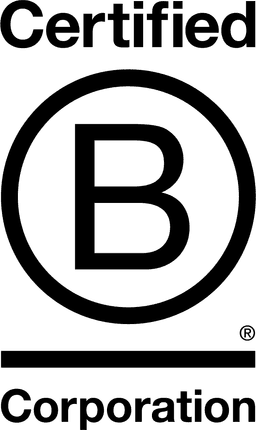

Artistic Garment Industries Pvt. Ltd. ( AGI Denim)

1.6
London Borough of Barking and Dagenham, United Kingdom
May 2022
Textiles
Manufacturing
Pakistan,
United Kingdom
AGI Denim is one of Pakistan’s top exporters of premium denim and the country’s first B Corporation certified textile company, setting new standards in sustainability, transparency, and ethical manufacturing. With Six LEED certified facilities, the company demonstrates a strong commitment to low impact production, including a daily capacity to recycle over 1.2 million gallons of wastewater and meeting 5.545 MWH of energy needs through solar power. AGI uses sustainable materials like organic and recycled cotton, hemp, and TENCEL to support circular fashion. As a member of the UN Global Compact and a signatory of the UNFCCC Fashion Industry Charter and UN Women’s Empowerment Principles, AGI actively promotes climate action, gender equity, and inclusive growth. Through innovations like blockchain traceability and its AGI Impact Studio, the company fosters collaboration and transparency across the value chain. With a people first approach and a clear sustainability vision, AGI Denim is redefining the future of responsible fashion.
Overall B Impact Score
Governance 8.8
Governance evaluates a company's overall mission, engagement around its social/environmental impact, ethics, and transparency. This section also evaluates the ability of a company to protect their mission and formally consider stakeholders in decision making through their corporate structure (e.g. benefit corporation) or corporate governing documents.
What is this? A company with an Impact Business Model is intentionally designed to create a specific positive outcome for one of its stakeholders - such as workers, community, environment, or customers.
Workers 28.4
Workers evaluates a company’s contributions to its employees’ financial security, health & safety, wellness, career development, and engagement & satisfaction. In addition, this section recognizes business models designed to benefit workers, such as companies that are at least 40% owned by non-executive employees and those that have workforce development programs to support individuals with barriers to employment.
Community 23.6
Community evaluates a company’s engagement with and impact on the communities in which it operates, hires from, and sources from. Topics include diversity, equity & inclusion, economic impact, civic engagement, charitable giving, and supply chain management. In addition, this section recognizes business models that are designed to address specific community-oriented problems, such as poverty alleviation through fair trade sourcing or distribution via microenterprises, producer cooperative models, locally focused economic development, and formal charitable giving commitments.
Environment 47.6
Environment evaluates a company’s overall environmental management practices as well as its impact on the air, climate, water, land, and biodiversity. This includes the direct impact of a company’s operations and, when applicable its supply chain and distribution channels. This section also recognizes companies with environmentally innovative production processes and those that sell products or services that have a positive environmental impact. Some examples might include products and services that create renewable energy, reduce consumption or waste, conserve land or wildlife, provide less toxic alternatives to the market, or educate people about environmental problems.
What is this? A company with an Impact Business Model is intentionally designed to create a specific positive outcome for one of its stakeholders - such as workers, community, environment, or customers.
Customers 4.3
Customers evaluates a company’s stewardship of its customers through the quality of its products and services, ethical marketing, data privacy and security, and feedback channels. In addition, this section recognizes products or services that are designed to address a particular social problem for or through its customers, such as health or educational products, arts & media products, serving underserved customers/clients, and services that improve the social impact of other businesses or organizations.